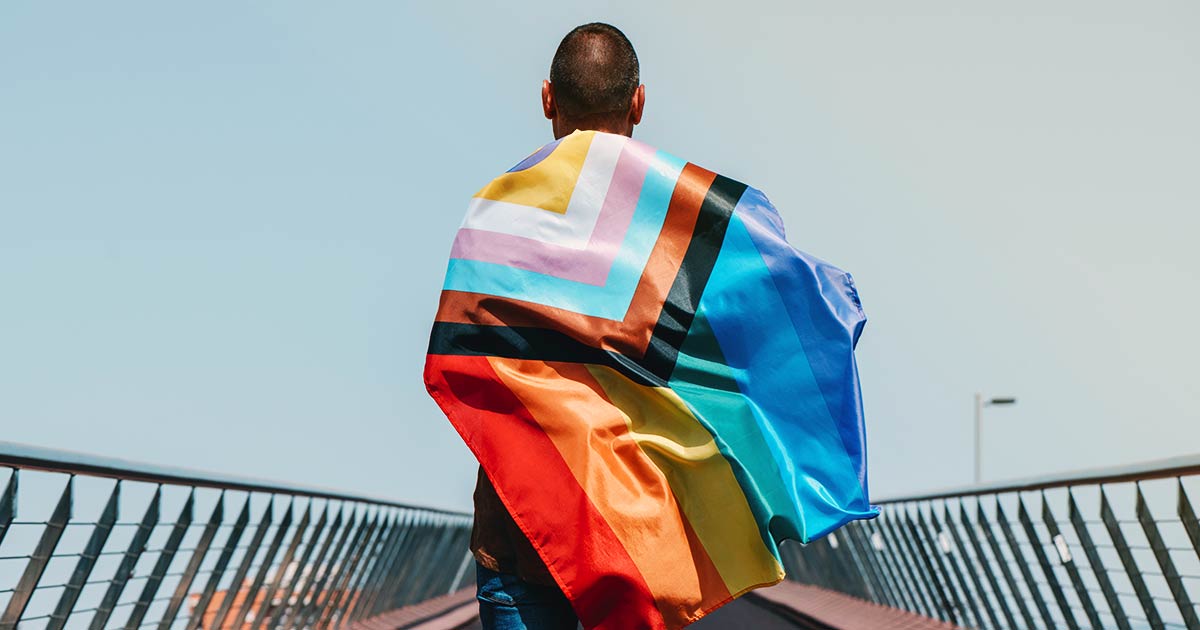Decriminalisation of LGBTQ+ People Saves Lives, Say UN and UNAIDS Leaders

The United Nations High Commissioner for Human Rights, Volker Türk, and UNAIDS Executive Director, Winnie Byanyima, have jointly called for the decriminalisation of LGBTQ+ people, highlighting the severe human rights violations and public health risks posed by punitive laws.
In their statement, Türk and Byanyima emphasised that laws criminalising LGBTQ+ individuals must be abolished. These laws, they argue, are rooted in prejudice, violate human rights, and undermine public health efforts.
“Such laws cost lives,” they stated unequivocally.
The call to action comes as courts and parliaments in various countries are reconsidering the legal frameworks surrounding LGBTQ+ rights. The statement celebrates a growing global trend away from criminalisation, noting that over two-thirds of countries now do not criminalise LGBTQ+ people.
In the past decade, a significant number of countries have repealed laws that criminalised LGBTQ+ individuals, including Angola, Antigua and Barbuda, Barbados, Belize, Bhutan, Botswana, the Cook Islands, Dominica, Gabon, India, Mauritius, Mozambique, Namibia, Nauru, Palau, Saint Kitts and Nevis, Seychelles, Singapore, and Trinidad and Tobago.
The joint statement condemns laws criminalising LGBTQ+ people as prejudiced. The Namibian High Court, in a recent ruling, noted, “the enforcement of the private moral views of a section of the community (even if they form the majority of that community), which are based to a large extent on nothing more than prejudice, cannot qualify as such a legitimate governmental purpose.”
The Eastern Caribbean Supreme Court also declared that the criminalisation of same-sex sexual expression between consenting adults “offends the right to liberty and personal privacy.”
Colonial Legacies and Public Health Harm
Many of these punitive laws are remnants of colonial rule, noted Türk and Byanyima. The Supreme Court of Mauritius highlighted that the now-repealed anti-LGBTQ+ law was “not the expression of domestic democratic will but was a course imposed on Mauritius and other colonies.”
Criminalisation creates a climate of fear among those who need access to health services and the workers providing those services. In countries that criminalise LGBTQ+ people, there is reduced provision and uptake of HIV prevention and treatment services.
A study in sub-Saharan Africa revealed that HIV prevalence among gay men and men who have sex with men was five times higher in criminalising countries compared to non-criminalising ones.
The Singapore government recognised that there was no basis for criminalising private sexual behaviour between consenting adults when it decriminalised homosexuality.
The Supreme Court of India stated that punitive legislation has “become an odious weapon for the harassment of the LGBT community.” Discriminatory laws expose LGBTQ+ people to hate crimes, police abuse, blackmail, torture, and denial of access to healthcare, education, and housing.
These laws also foster impunity and undermine the rule of law, harming not just LGBTQ+ individuals but their families, communities, and society as a whole.
Stigma Kills, Solidarity Saves Lives
The progress made in decriminalising LGBTQ+ relationships and changing societal attitudes needs to continue and anti-rights policies and propaganda must be challenged directly, said Türk and Byanyima.
They urged all countries to remove punitive laws against LGBTQ+ people, asserting that decriminalisation is crucial for protecting human rights and public health globally.
“Decriminalisation of LGBTQ+ people is vital for protecting everyone’s human rights and everyone’s health,” they concluded.
Leave a Reply